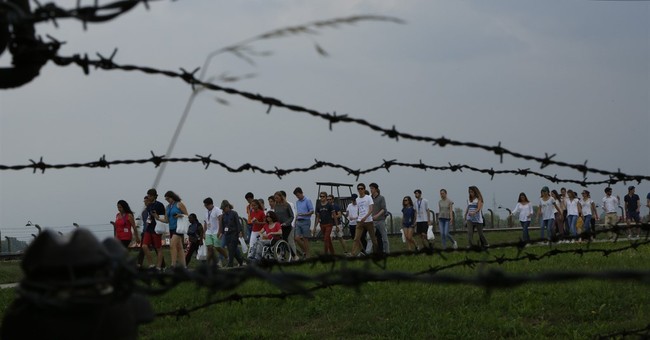
August 14 is the feast day of Catholic saint, Fr. Maximilian Kolbe.
But Fr. Kolbe’s story is one that is not just for Catholics and still has import for all people today.
At a time where chaos is being sown and division pitched, his life was a light both for the sanctity of the life of every individual and a call to fight the evil that would stand against that.
Kolbe was born Raymond Kolbe in 1894 in Poland. There’s a famous story about a vision that he had as a child that affected the rest of his life. He was rather a mischievous child and his mother scolded him, asking what was to become of him. That apparently affected him deeply and so he prayed on that question.
From Catholic:
“That night I asked the Mother of God what was to become of me. Then she came to me holding two crowns, one white, the other red. She asked me if I was willing to accept either of these crowns. The white one meant that I should persevere in purity, and the red that I should become a martyr. I said that I would accept them both.”
Kolbe joined the Conventual Franciscans, took the name Maximilian as his religious name and Maria as his middle name because of his great devotion to the Virgin Mary.
An incredibly intelligent man, he studied at the Pontifical Gregorian University and earned a doctorate in philosophy by the time he was 21. He also earned one in theology by the time he was 28.
In addition to being known for his great devotion to Mary, he also was known as the Apostle of the Mass Media. In the 1930s, he basically created something of a publishing empire: starting a magazine, Knight of the Immaculata, that grew to a circulation of one million as well as a daily newspaper that went out to 230,000 people. He also operated a religious publishing press and a radio station, not to mention a seminary on top of everything else. He believed in the use of all forms of communication media, including radio, movies and even television to reach out to people. While the friars lived very frugally, they employed some of the most modern machines and techniques in their operation. That’s one of the reasons he’s considered a patron saint of journalists. Kolbe even went to Japan and founded monasteries there to continue the effort.
Kolbe believed in the importance of using modern media to speak out against the evils of his time and he wasn’t shy about doing so.
When the Nazis moved into Poland after 1939, Kolbe spoke out against them, issuing publications against them, even reporting as a radio operator about what was going on in Poland. He also spoke out against the evils of Communism.
While he sent many of the friars who had been at the monastery there home for their own safety, he and those remaining helped to shelter and hide 3000 refugees, including 2000 Jews.
Eventually the Gestapo caught wise to what was going on and the monastery was shut down. Fr. Kolbe was arrested and ultimately sent to Auschwitz in May 1941.
Because he was a priest, he was a target for the constant brutality of the guards. But he did not let that cow him as he ministered to others in the camp, saying Mass and hearing confessions, giving people comfort and even offering others what little food he was given to eat.
One boy who was 13 at the time, Sigmund Gorson, said that Fr. Kolbe took special care to watch out for him because his parents were no longer alive and to give him support.
He knew I was a Jewish boy. That made no difference…. His heart was bigger than persons—that is, whether Jewish, Catholic or whatever. He loved everyone. He dispensed love and nothing but love. For one thing, he gave away so much of his meager rations that to me it was a miracle he could live. Now it is easy to be nice, to be charitable, to be humble, when times are good and peace prevails. For someone to be as Father Kolbe was in that time and place—I can only say the way he was is beyond words.
I am a Jew by my heritage as the son of a Jewish mother, and I am of the Jewish faith and very proud of it. And not only did I love Maximilian Kolbe very, very much at Auschwitz, where he befriended me, but I will love him until the last moments of my life.
There finally came the moment for which Fr. Kolbe is most known. One day when a man had escaped from the camp, the Nazis lined up the prisoners to select ten men who were going to be taken to a starvation bunker to be killed as a punishment for the escape. When they selected Francisek Gajowniczek, he dropped to his knees and cried out, “My wife, my children.”
With that Fr. Kolbe stepped out of the line. He had not been selected. But he approached the Nazi commandant and told him he would like to take Gajowniczek’s place because he had a wife and children. The Nazi was a bit taken aback and said, “Who are you?” To which Kolbe replied, “I am a Catholic priest.” Using a little reasoning to he appealed to the Nazi, saying that he, Kolbe was old (he was 47) and Gajowniczek was young, knowing they were more interested in the young who could work. The other prisoners were horrified that the Nazi leader would take them both. But he accepted the exchange. A stunned Gajowniczek went back into the line and Kolbe was taken away to be starved to death with the nine others.
They were all placed in a starvation bunker. But in a place where many would lose hope under the horror, Kolbe led singing and prayers, giving comfort to all the others, helping them as they died. At the end, he was the last alive and the guards came to give him a lethal injection of carbolic acid. He died on August 14, and was cremated the next day on the feast of the Assumption of Mary.
Gajowniczek lived to be at Fr. Kolbe’s canonization in 1984 by Pope John Paul II. He spent the rest of his life telling people of what Kolbe had done until he died at 94 in 1995.
What would he have thought of the time we are in now? It’s not hard to imagine that he would be at his press or his podcast speaking out against the things that degrade the sanctity of life including the political ideologies that would do so. That would not just mean being pro-life, but pro the sanctity of the individual, a thing both the philosophies of Nazis (the National Socialist Workers Party) and Communism abjure. He would not have kept silent in the face of evil we face. He was locked up and died ultimately because he opposed what the National Socialists were preaching, because he fought against them trying to impose the deadly philosophy on Poland.
No one hath greater love than to lay down his life for his friends. Fr. Maximilian Kolbe not only did that in the final moments of his life, but he lived every day, giving his life for others. What a loving inspiration for us all.
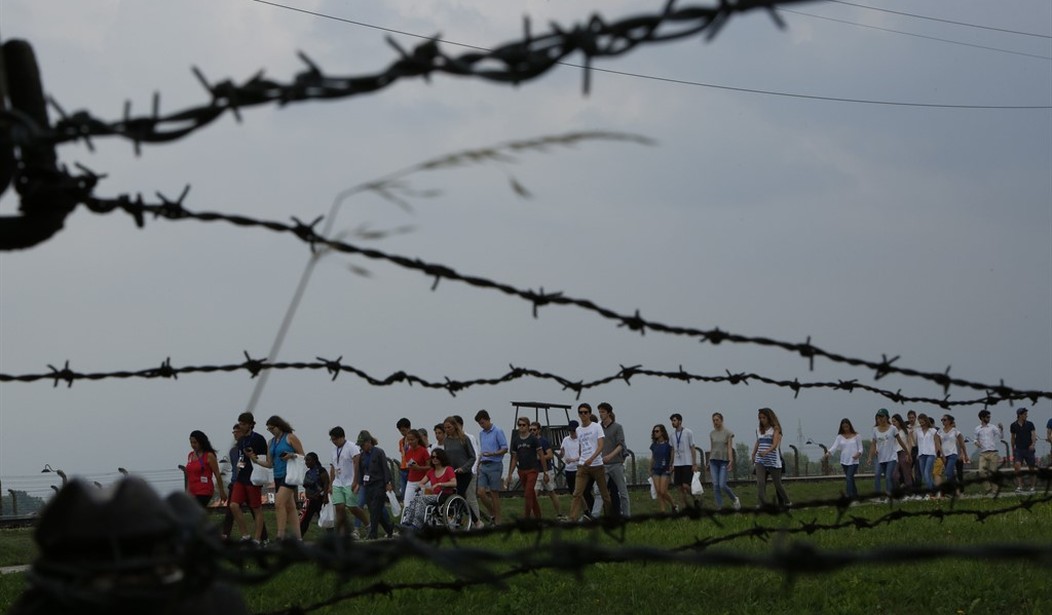
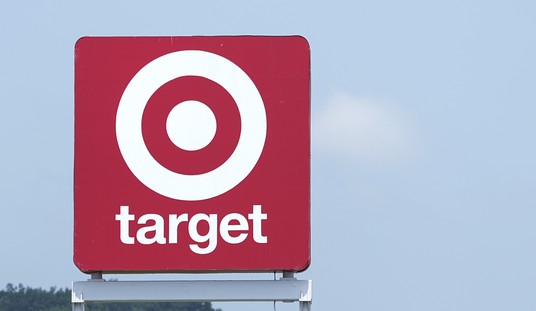

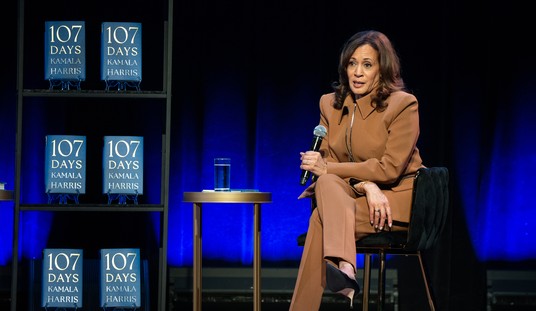




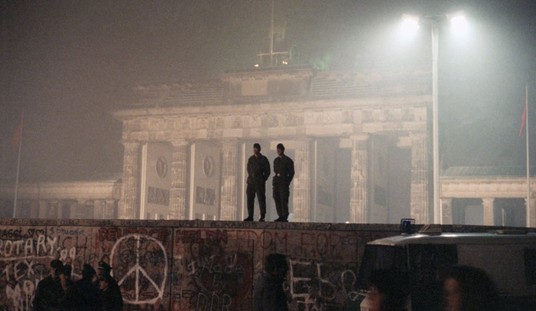




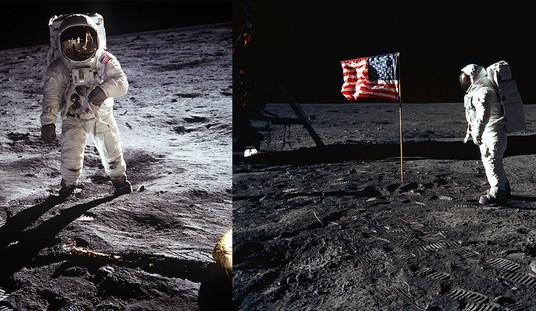
Join the conversation as a VIP Member